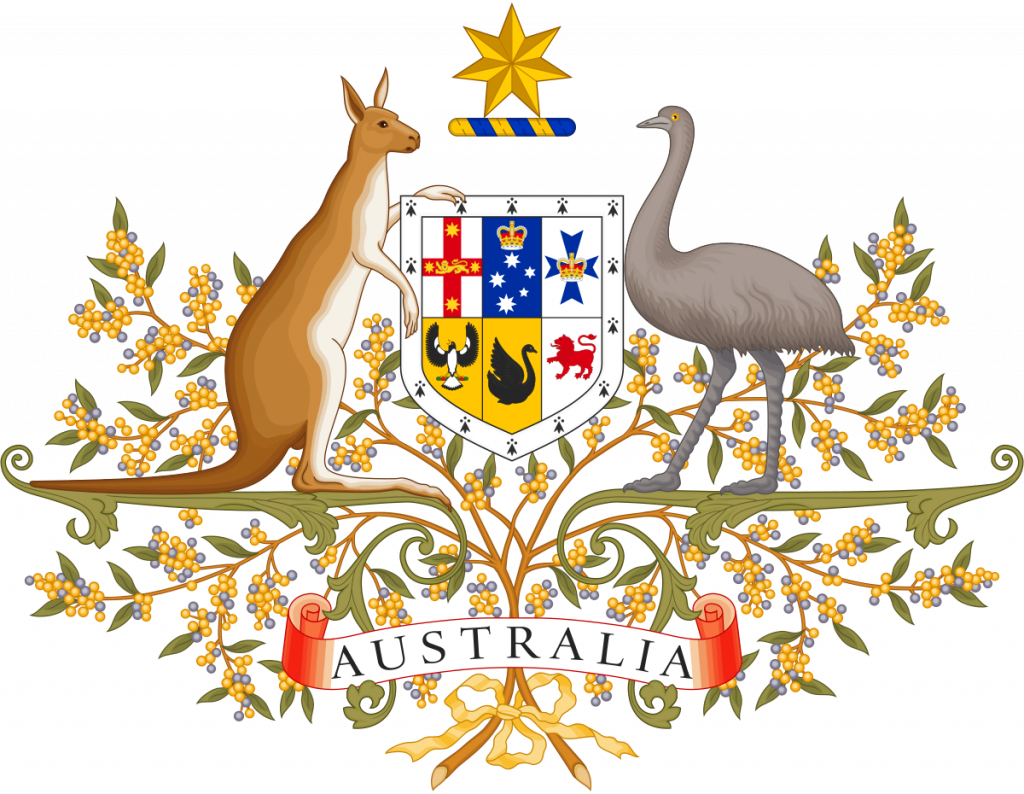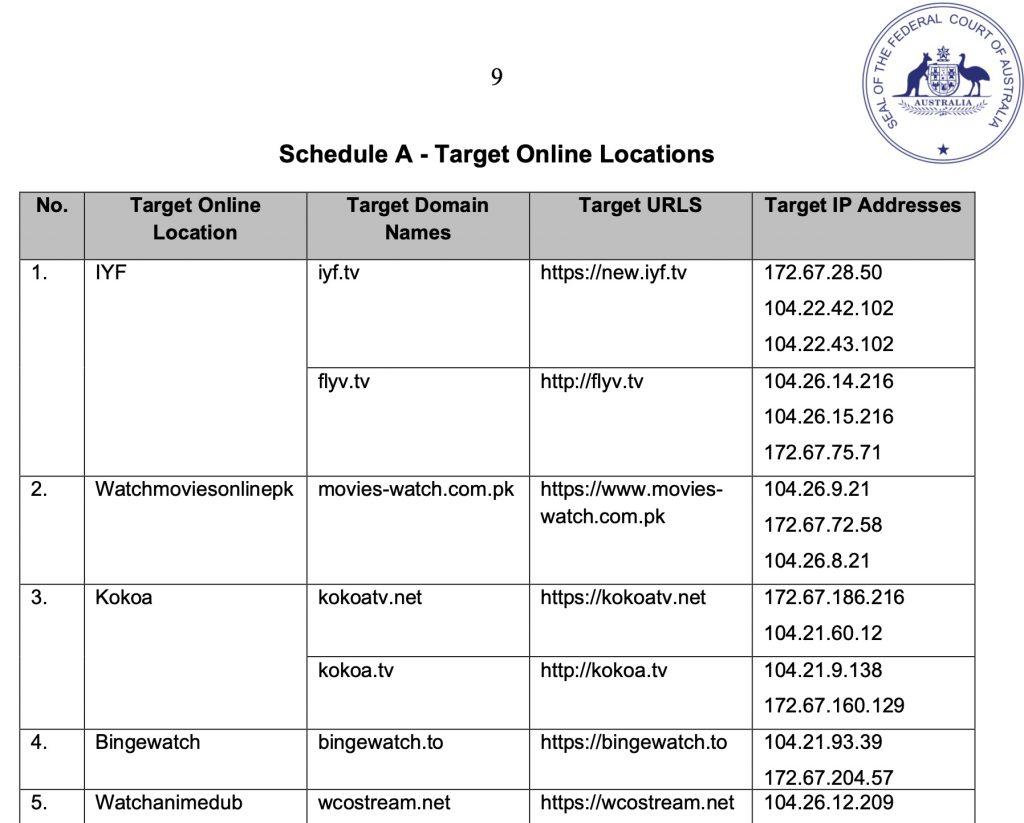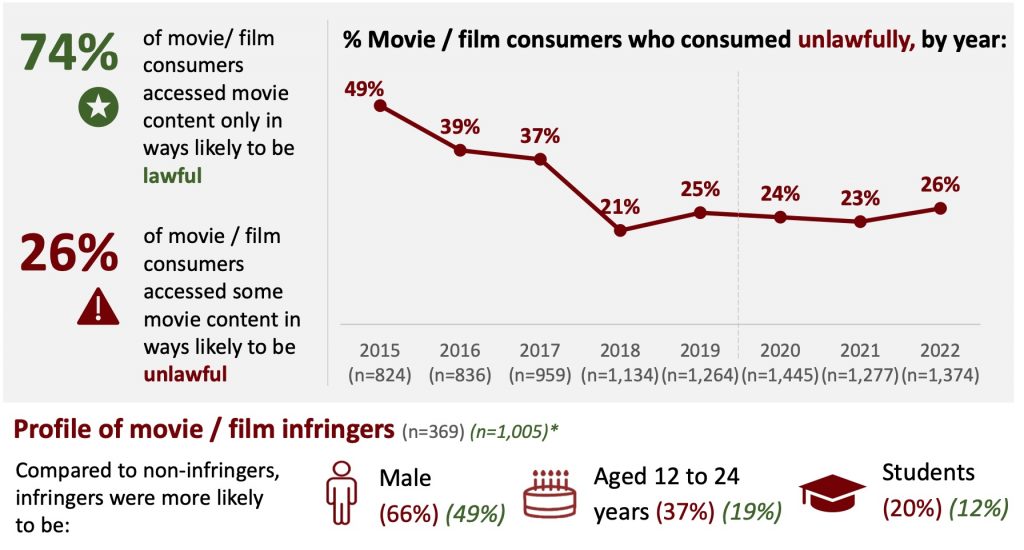 Australian studio Roadshow Films Pty Ltd along with eight other media companies, won an anti-piracy decision in the Australian Federal Court, to result in the blocking of 36 target locations under 22 site addresses, by nearly 50 Australian Internet service providers.
Australian studio Roadshow Films Pty Ltd along with eight other media companies, won an anti-piracy decision in the Australian Federal Court, to result in the blocking of 36 target locations under 22 site addresses, by nearly 50 Australian Internet service providers.
The ISPs, referred to as ‘Respondents’ by the Order, have 15 business days from July 7 to disable access to Domain Names, IP Addresses or URLs, or otherwise take reasonable steps to disable access to the Target Online Locations.
Respondents include Telstra, OptusUecomm, Amaysim Mobile, Vaya Communications, M2, PrimusDodo, Engin, Eftel, Wholesale Communications, Vocus, Amnet Broadband, Transact, Vodafone, and others; 49 operators in all.
Disabling access
Acceptable disabling methods include DNS blocking, IP address blocking or re-routing, blocking to target URLs and domain names, or “any alternative technical means for disabling access to the Target Online Locations as agreed in writing between the applicants and a respondent.”
If the Respondents can’t comply within 15 days, they must notify the “Applicants” (who would be known in US courts as “Plaintiffs;” the companies that filed the complaint) of the step(s) that the Respondents have implemented.
The Applicants are business units of Roadshow, Disney, Paramount, Columbia Pictures, Universal, Warner Bros., and Netflix.
Applicants must inform visitors to the infringing sites by hosting a Web page which says they have been redirected because the targeted website has been disabled due to copyright infringement. The Applicants had five business days from July 7 to inform the ISPs of the Web pages that they must redirect those visitors to.

The court’s Order goes on to detail how parties are to comply with the order, and conditions under which they might be non-compliant with the Order.
Piracy continues to rise in Australia
The Australia Attorney-General’s office released results of its 2022 survey on online copyright infringement, which it has produced since 2015. The survey found that about a quarter of consumers surveyed watched movies and films through illegal means.

For TV programming, 22 percent was consumed unlawfully, and for live sports, 26%. For sports, it was mostly by males between 16 and 44 years of age.
Site blocking is effective but only to an extent
According to a 2022 survey commissioned by Creative Content Australia and released in 2023, changes in the country’s copyright law to permit site blocking has brought piracy rates down, but 29% of those whose requests are blocked still look to other pirate sources.
The percentages of survey respondants who tried to hide their attempts also increased: Those adopted alternate DNS services went from 16% in 2020, to 25% in 2022, while the percentages using VPNs went from 24% to 40% respectively.
The Australian Attorney-General’s above-mementioned 2022 survey said that among those who encountered blocked sites, 60% gave up (about the same as 2021’s 59%), while 14% sought legal access (down slightly from 2021’s 18%).
Further reading
Roadshow Films Pty Limited v Telstra Limited [2023] FCA 777. Court Order. July 7, 2023. Federal Court of Australia
Australia: Higher education and higher incomes are pirate hallmarks, says latest CCA survey. Article. May 4, 2023. Piracy Monitor
Australian government’s online copyright infringement survey confirms ongoing piracy. Article. February 11, 2023. Piracy Monitor
Why it matters
As evidenced by two major surveys, valiant efforts to reduce piracy in Australia have had their successes but the piracy continues to trend upward.
While governments, law enforcement, rights holders, distributors court systems, technology suppliers and advocacy groups can make efforts individually, they must all participate together in the fight against piracy to increase their effectiveness












